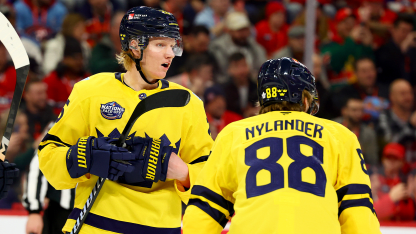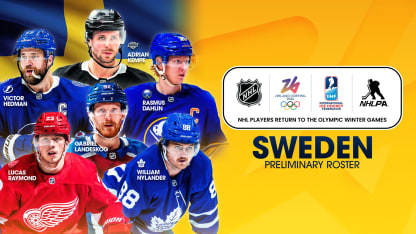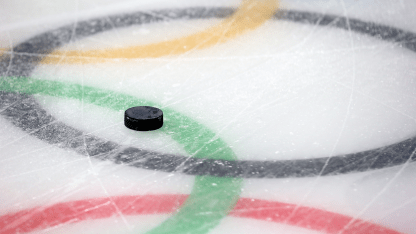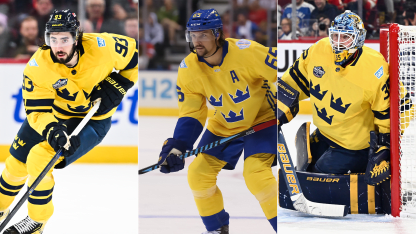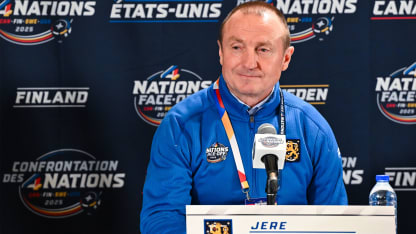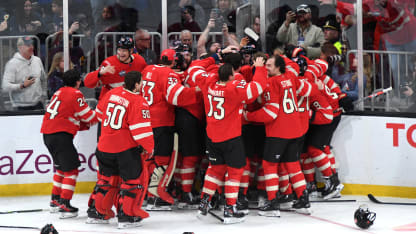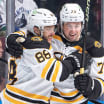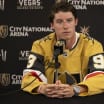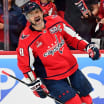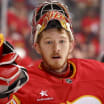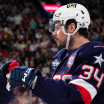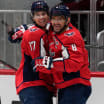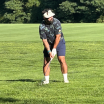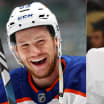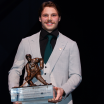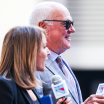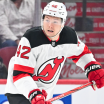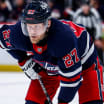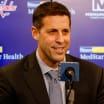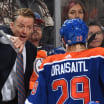NHL players will participate in the Olympic Winter Games Milano Cortina 2026 this February, the first time since 2014 the best players in the world will be on the Olympic stage. NHL.com will post a story each Monday to count down the 2026 Olympics. Today, a sit-down with Team Sweden general manager Josef Boumedienne:
Josef Boumedienne knows Team Sweden will have to succeed by committee in the Olympic Winter Games Milano Cortina 2026, on and off the ice.
Boumedienne, general manager of Team Sweden's entry when the NHL returns to the Olympics for the first time since the 2014 Sochi Olympics, will rely on some key pieces in helping push for gold for the first time in 20 years.
"I'm fortunate to be in this position," Boumedienne said, "and we have such a great group around the national team with head coach Sam Hallam and Patric Hornqvist and Daniel Alfredsson, and all the people around. There's a lot of knowledge. The way we do it in Sweden isn't me picking a team. We do it by committee and at the end of the day if there's a tie on a couple of players, the head coach has the final say in that. It hasn't come down to that yet.
"We discuss and we try to use as many angles as possible before we make a decision. I don't look at it as pressure. I'm just fortunate to be a part of it."
Sweden, which participated in the 4 Nations Face-Off in February, is vying for its first Olympic gold medal in men's hockey since 2006, and its second of any type in Games featuring NHL participation after earning silver in 2014.
The men's tournament will start with preliminary games Feb. 11, with the gold-medal game scheduled for Feb. 22.
Sweden's quest for gold began June 16, with forwards Adrian Kempe (Los Angeles Kings), Gabriel Landeskog (Colorado Avalanche), William Nylander (Toronto Maple Leafs), Lucas Raymond (Detroit Red Wings) and defensemen Rasmus Dahlin (Buffalo Sabres) and Victor Hedman (Tampa Bay Lightning) named to its preliminary roster.
